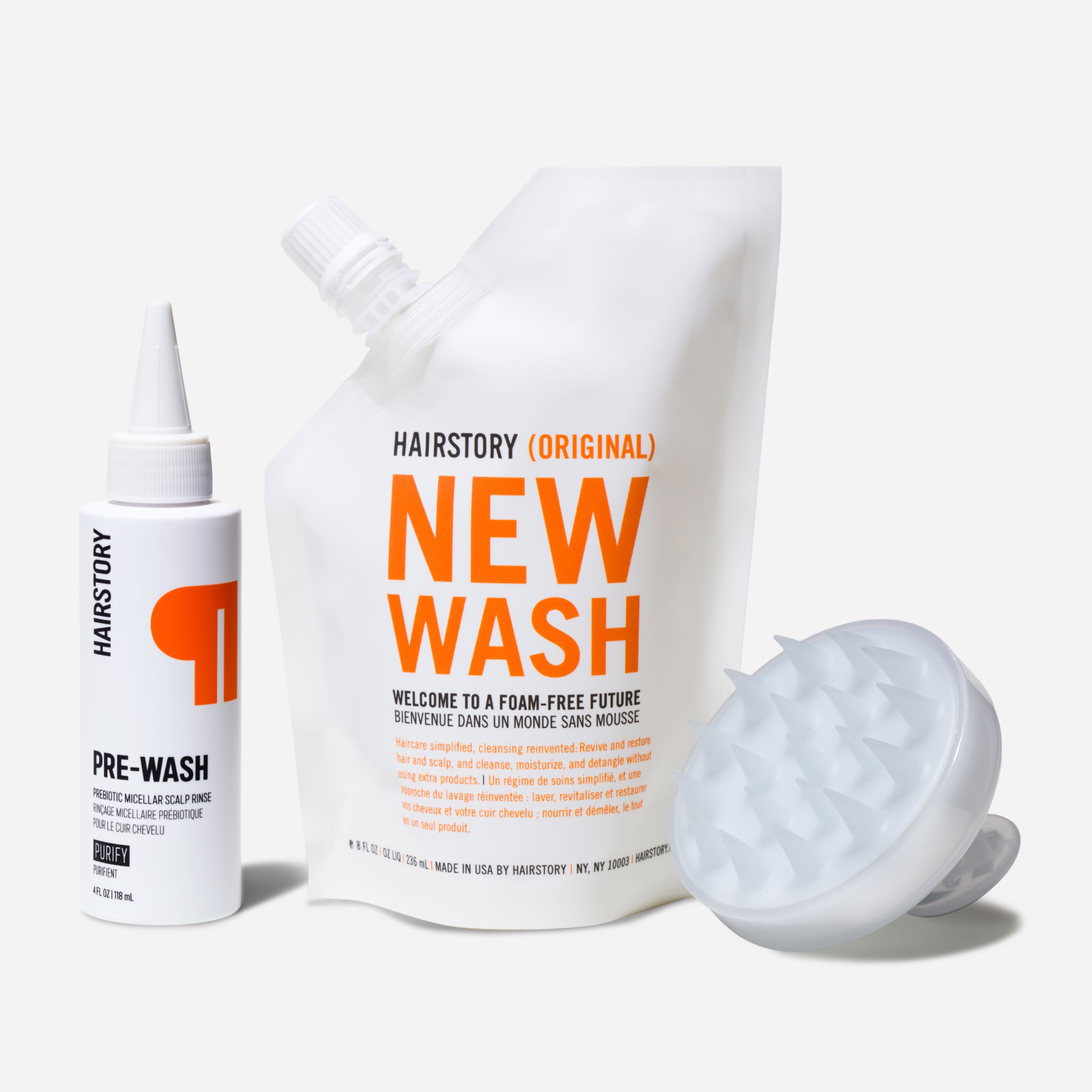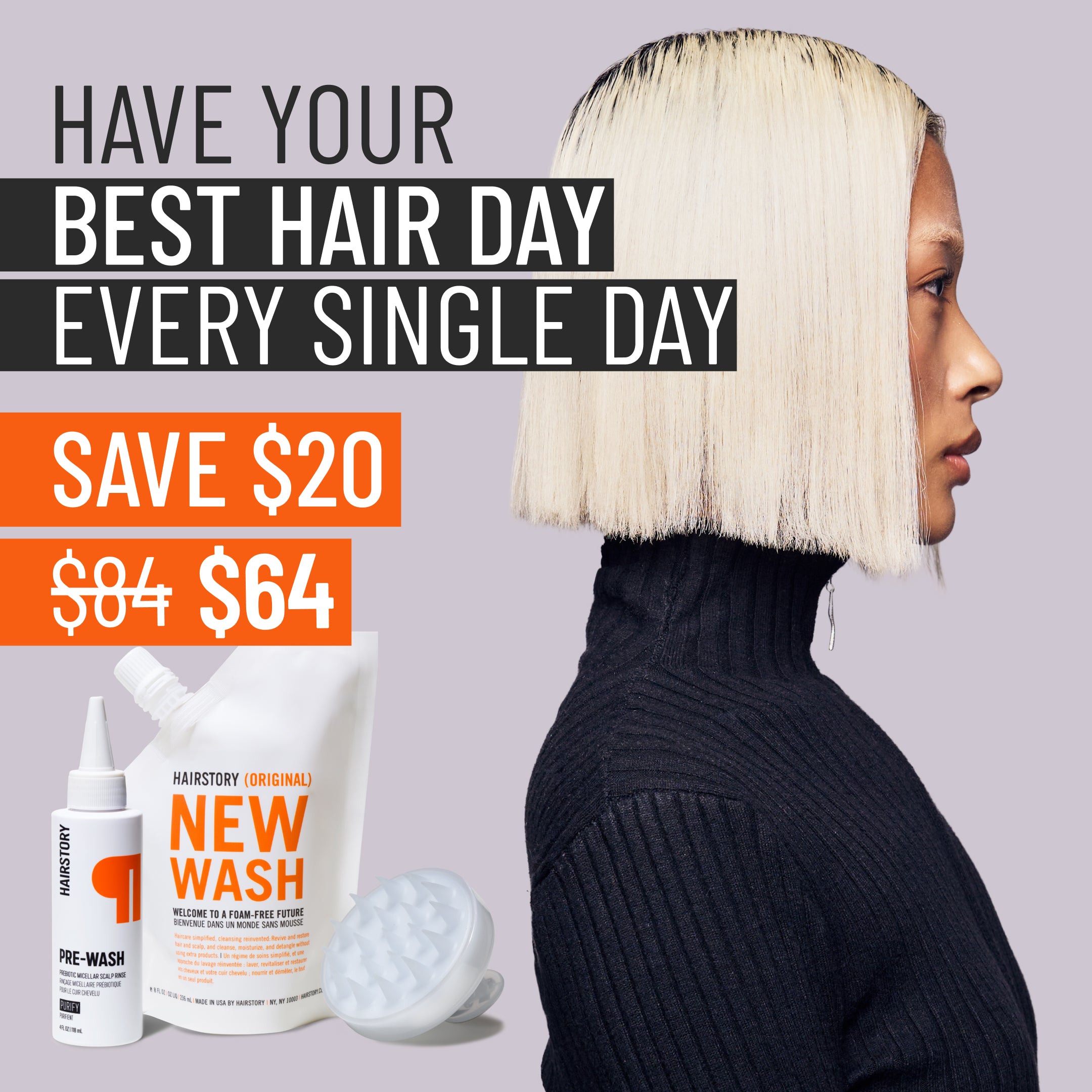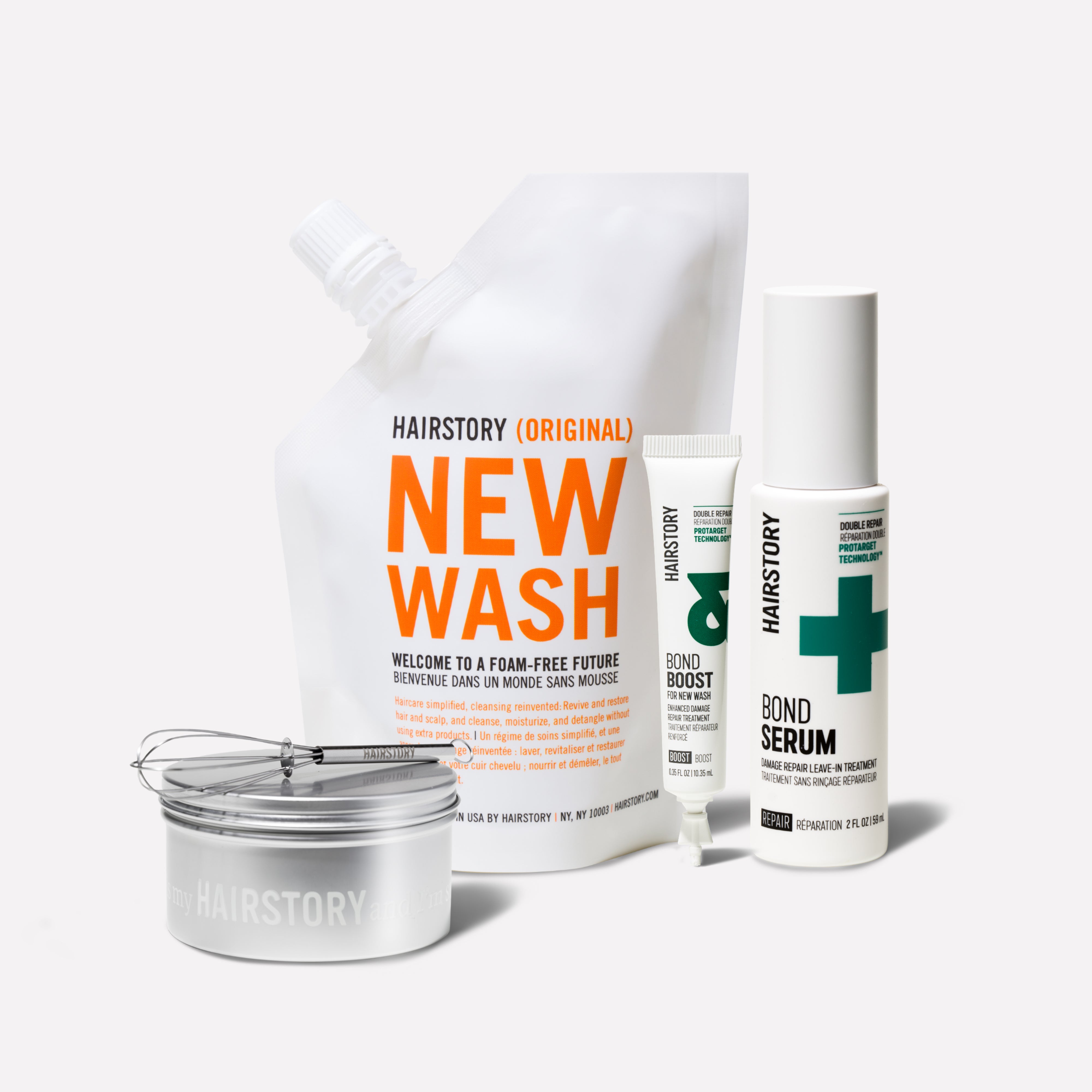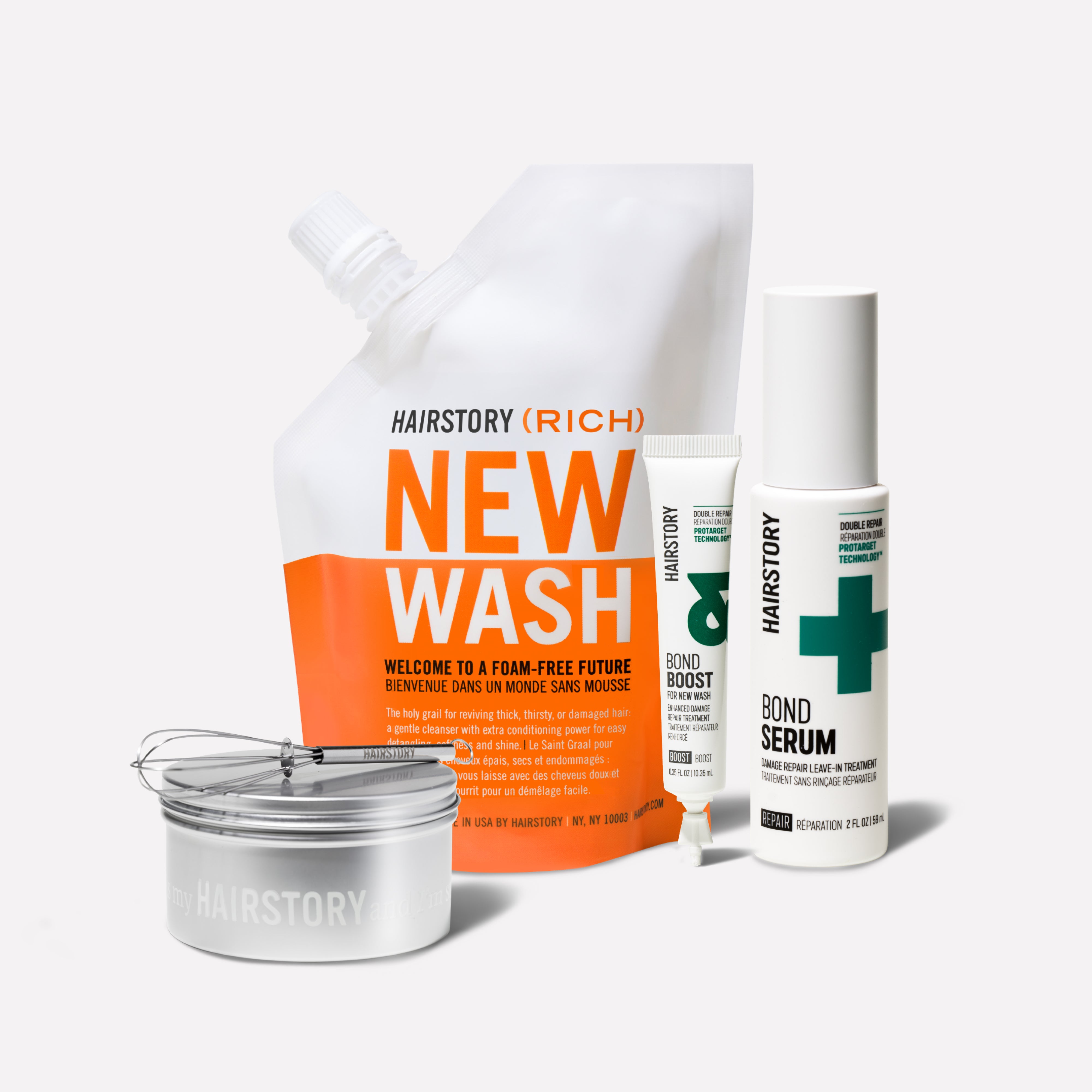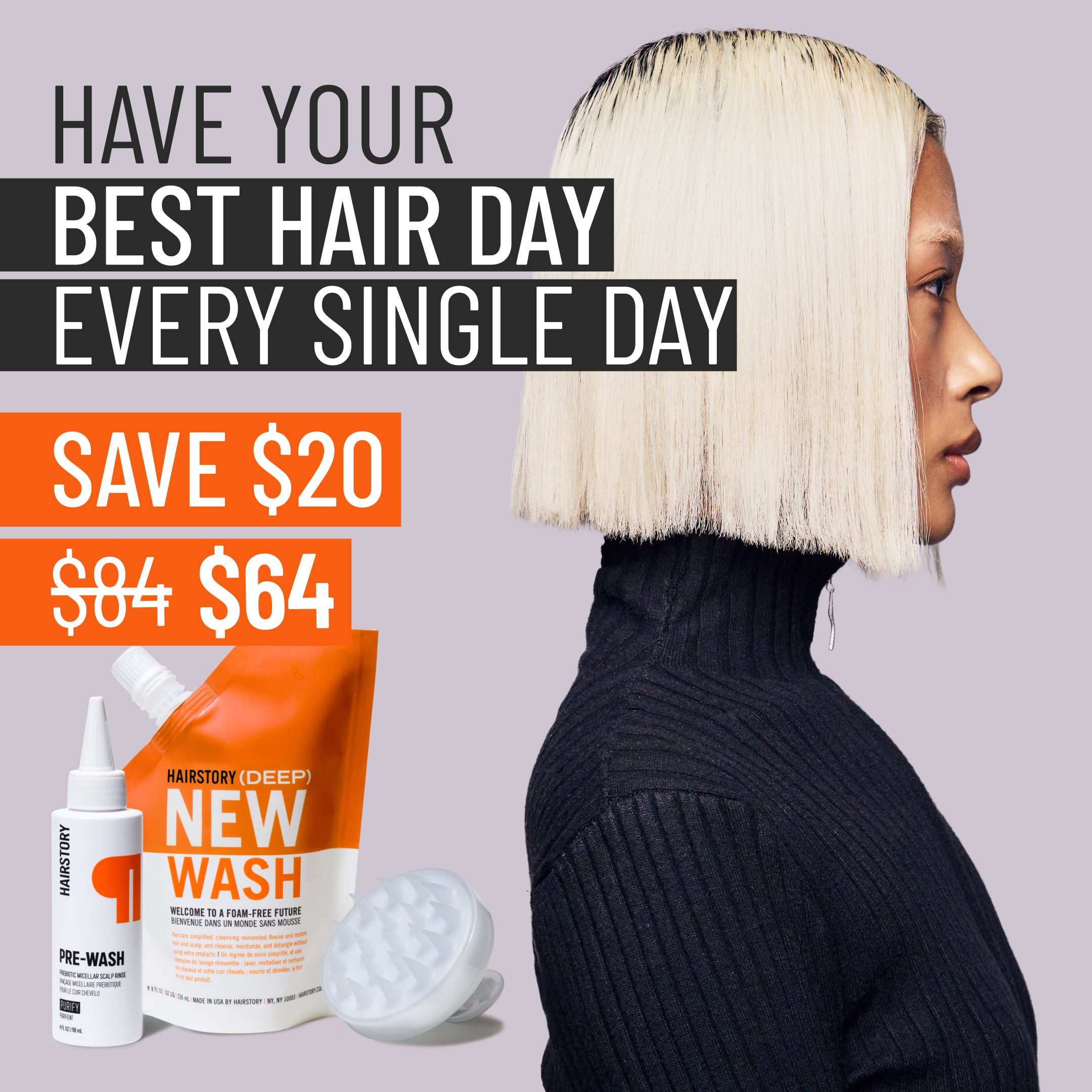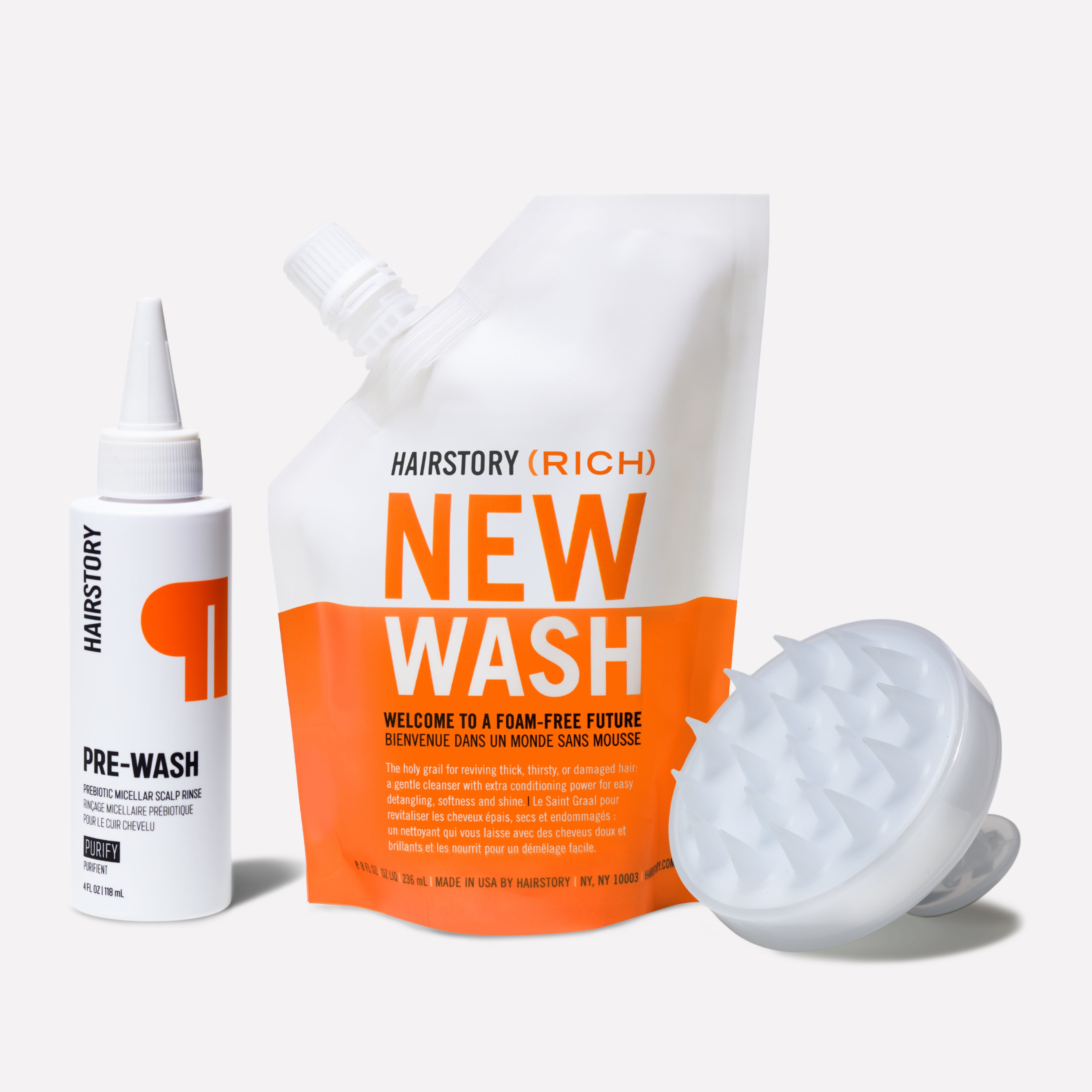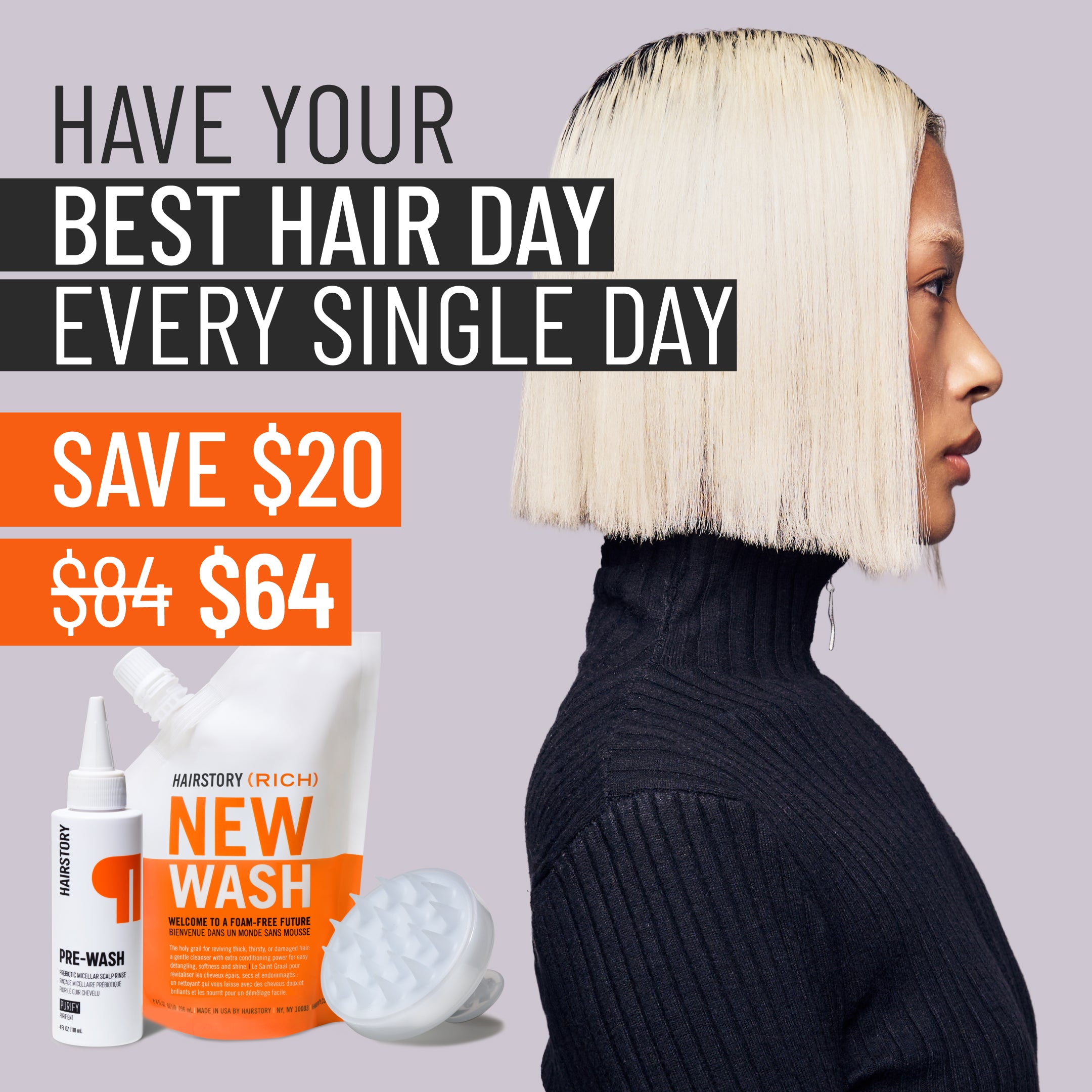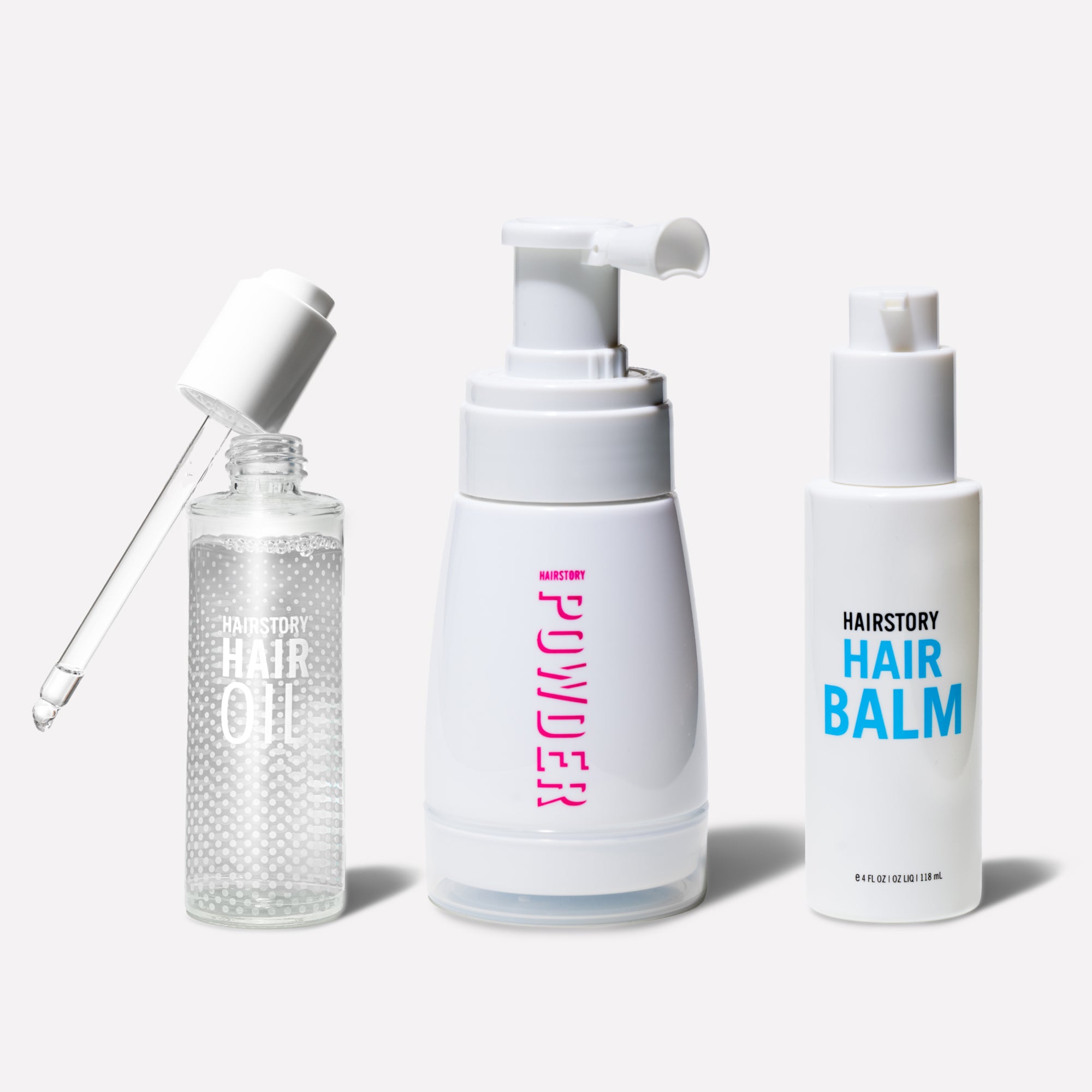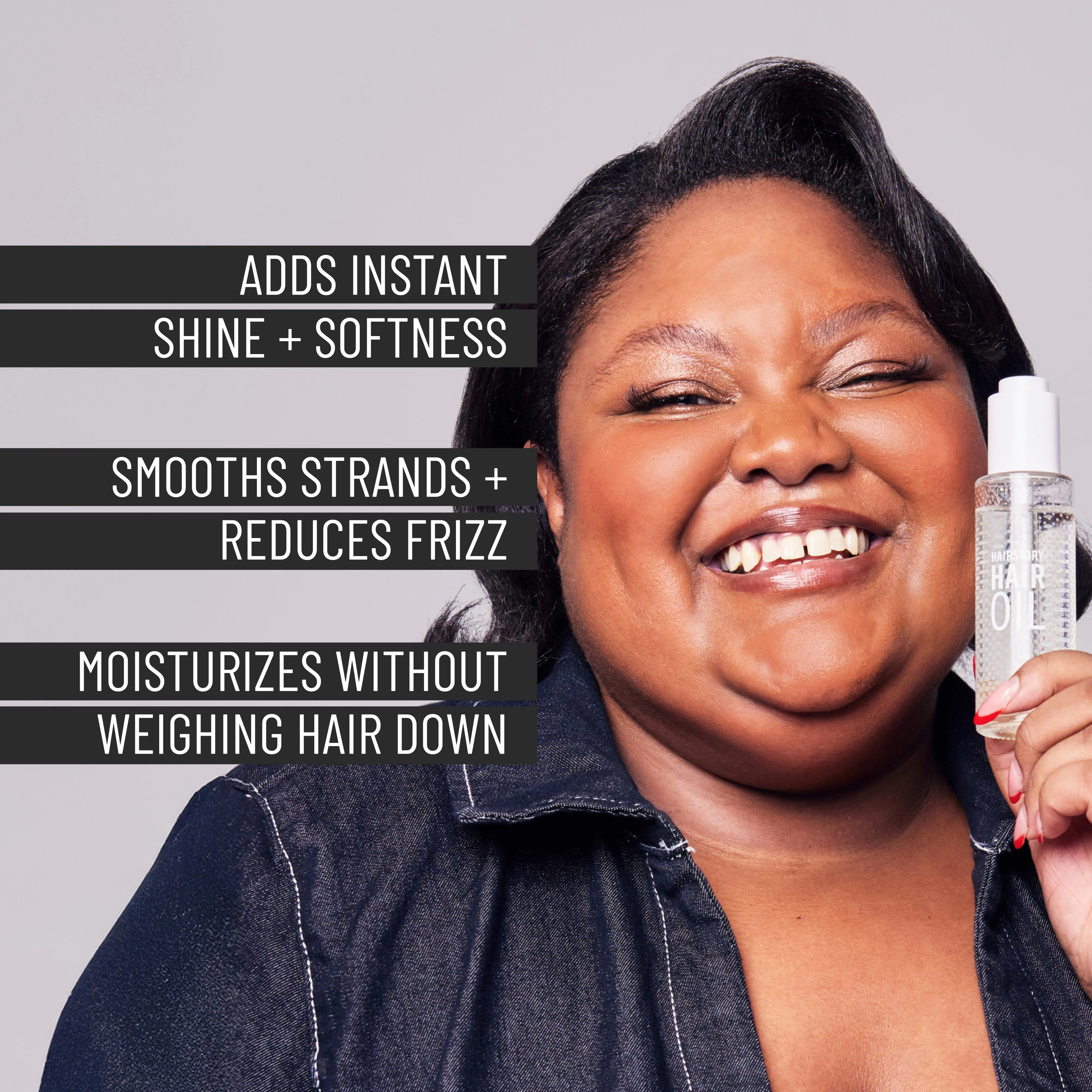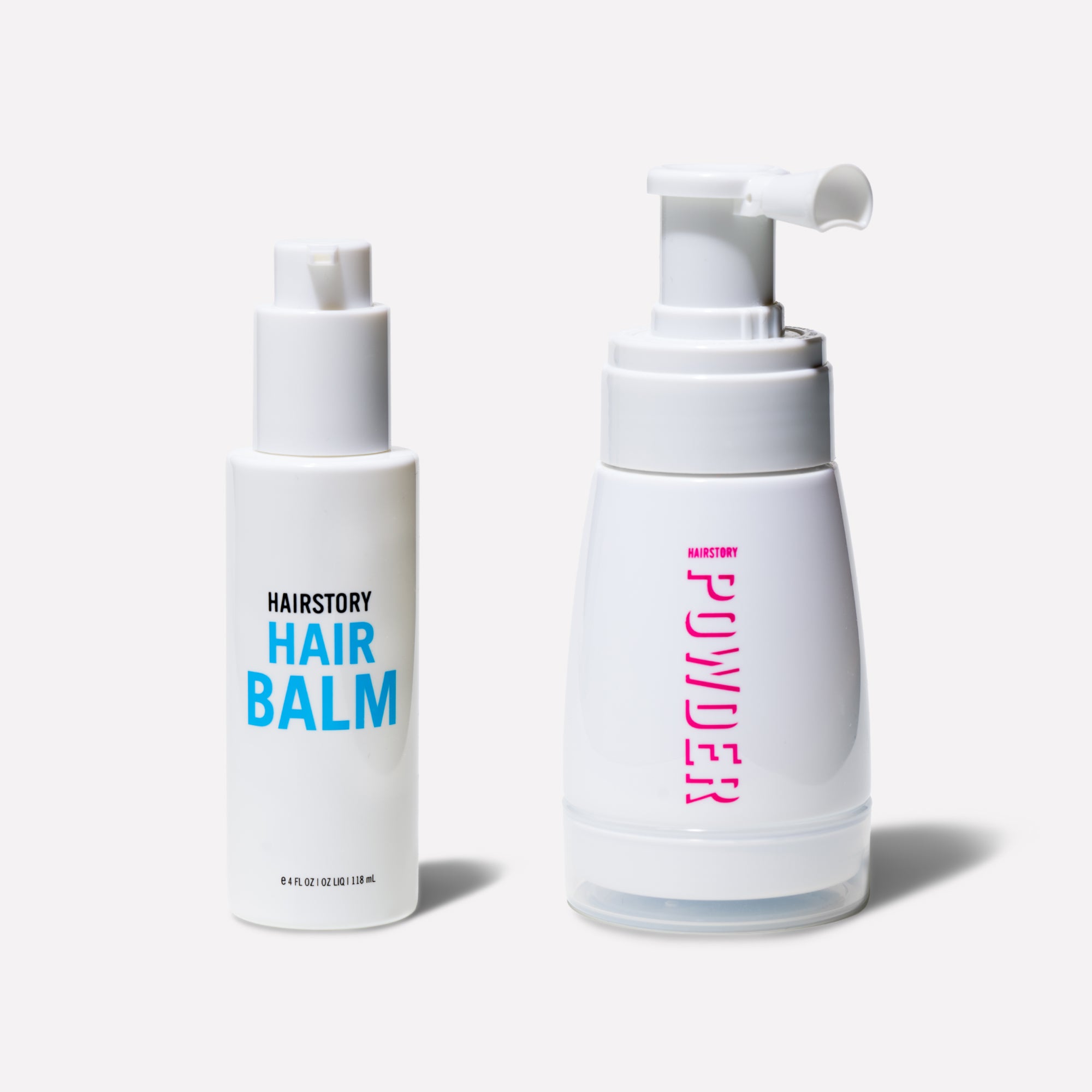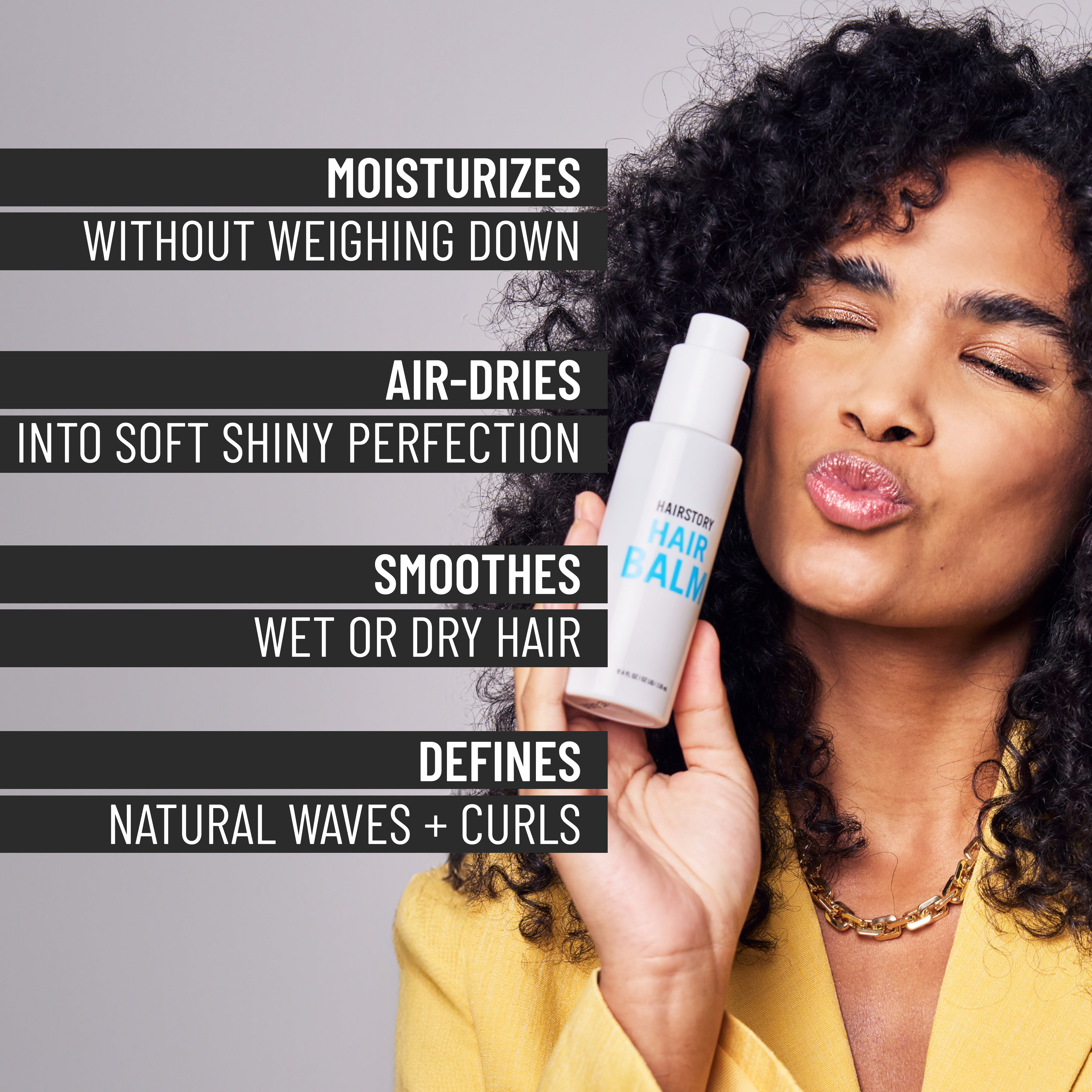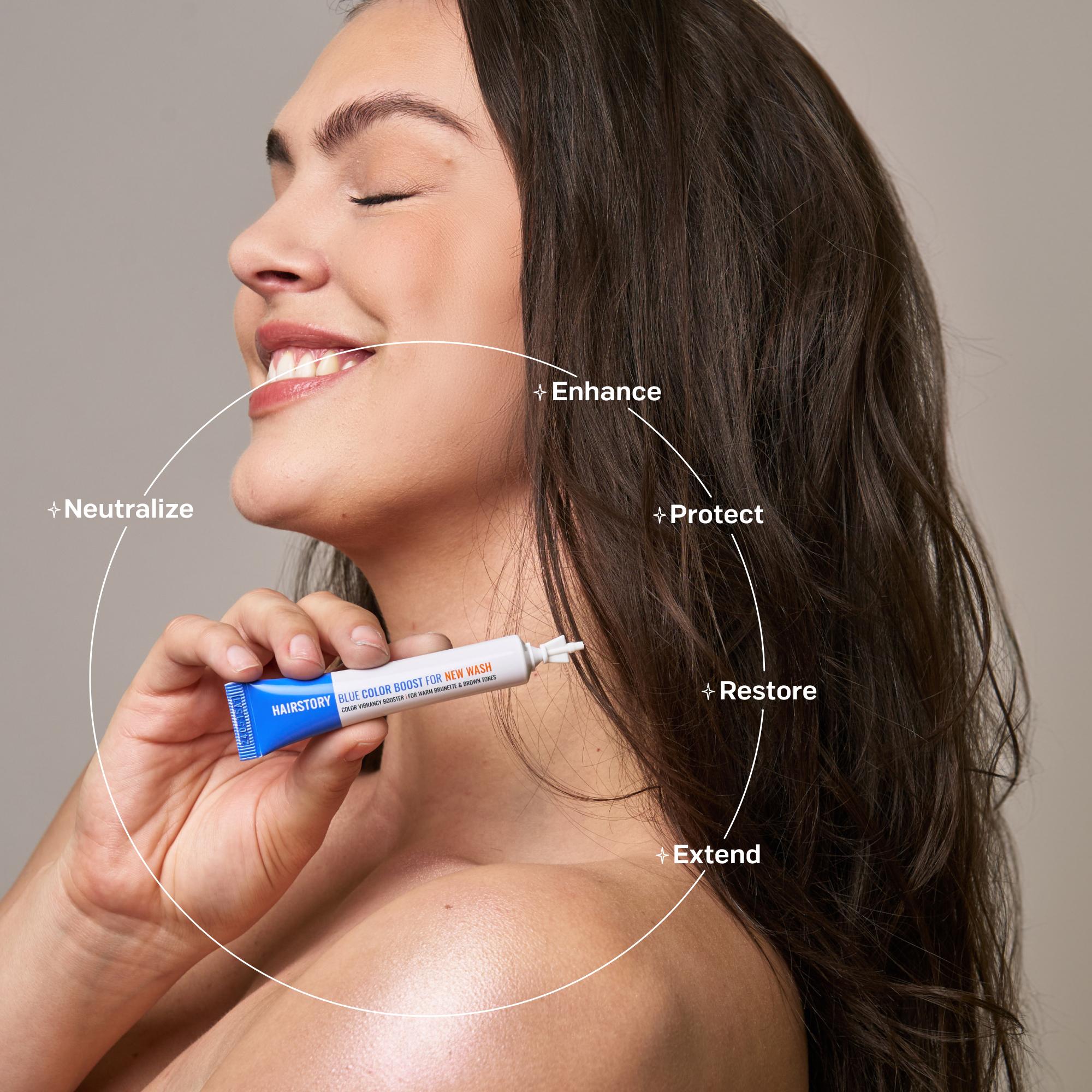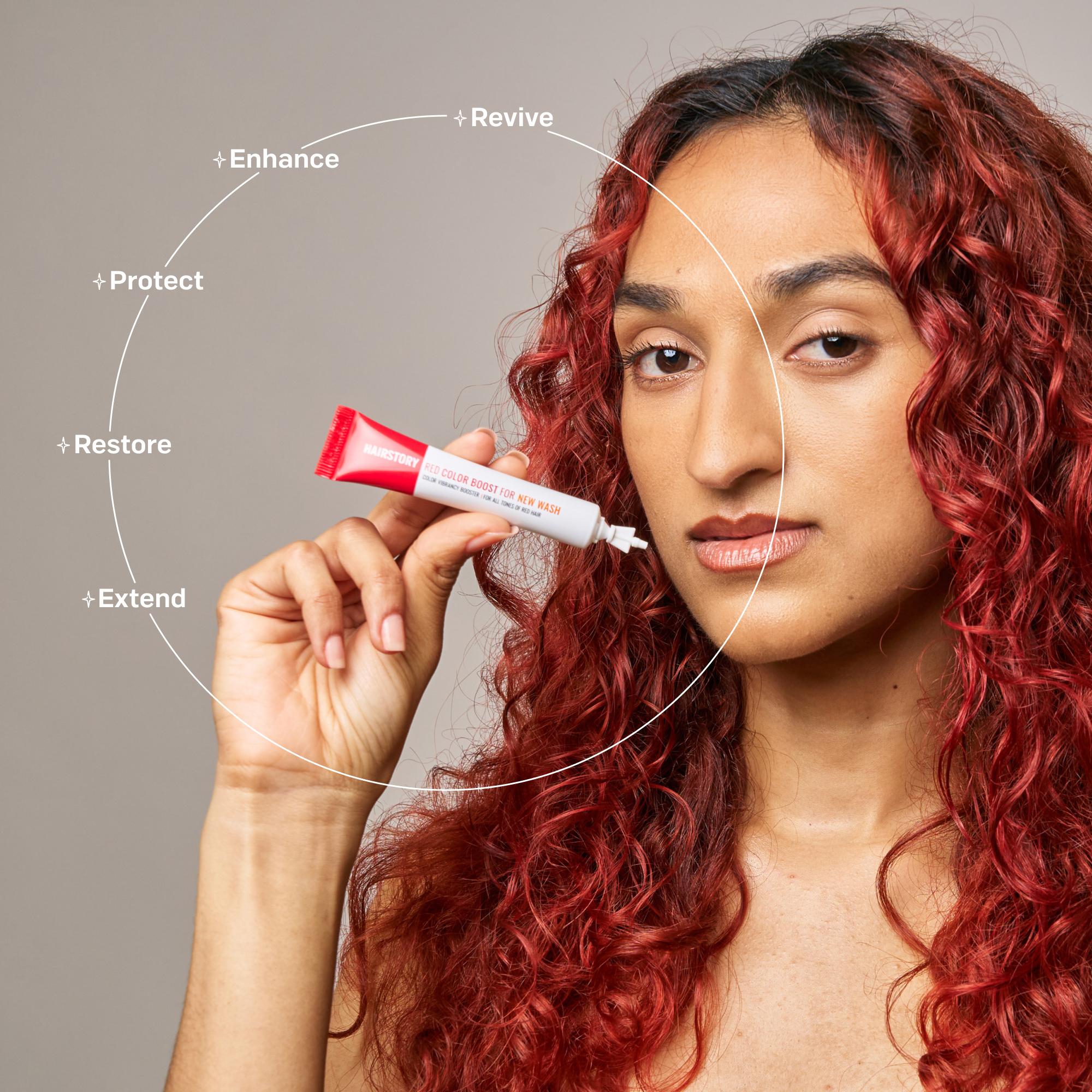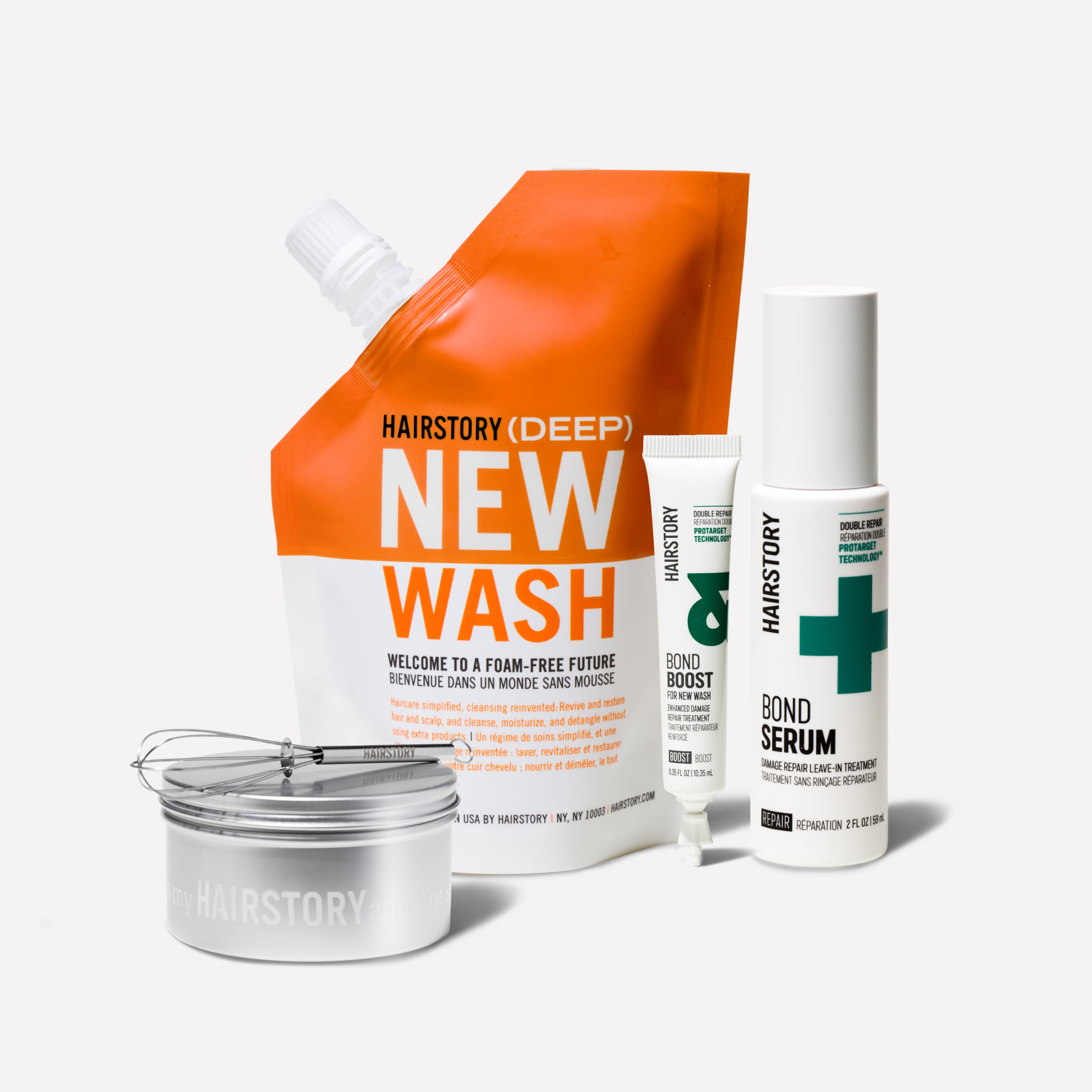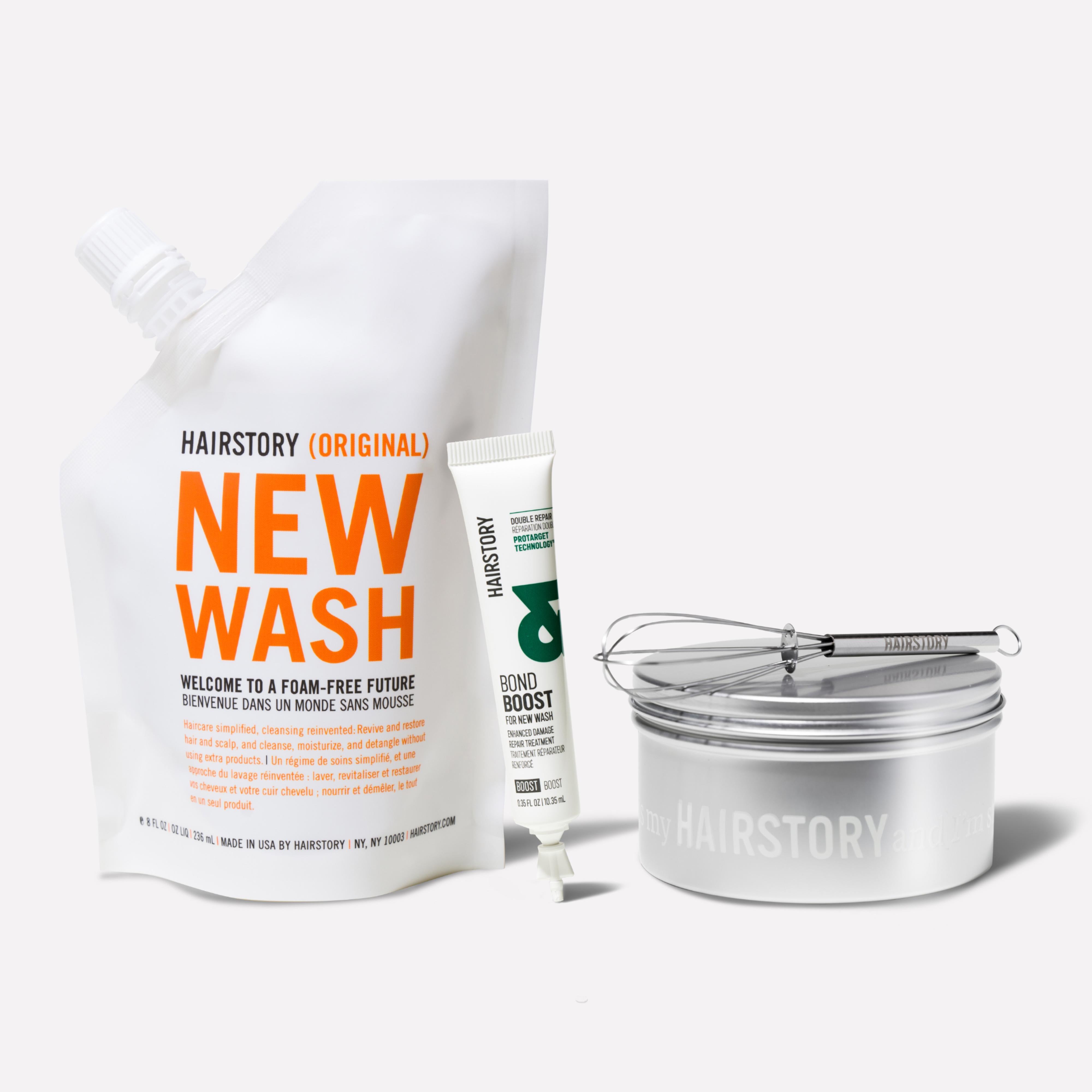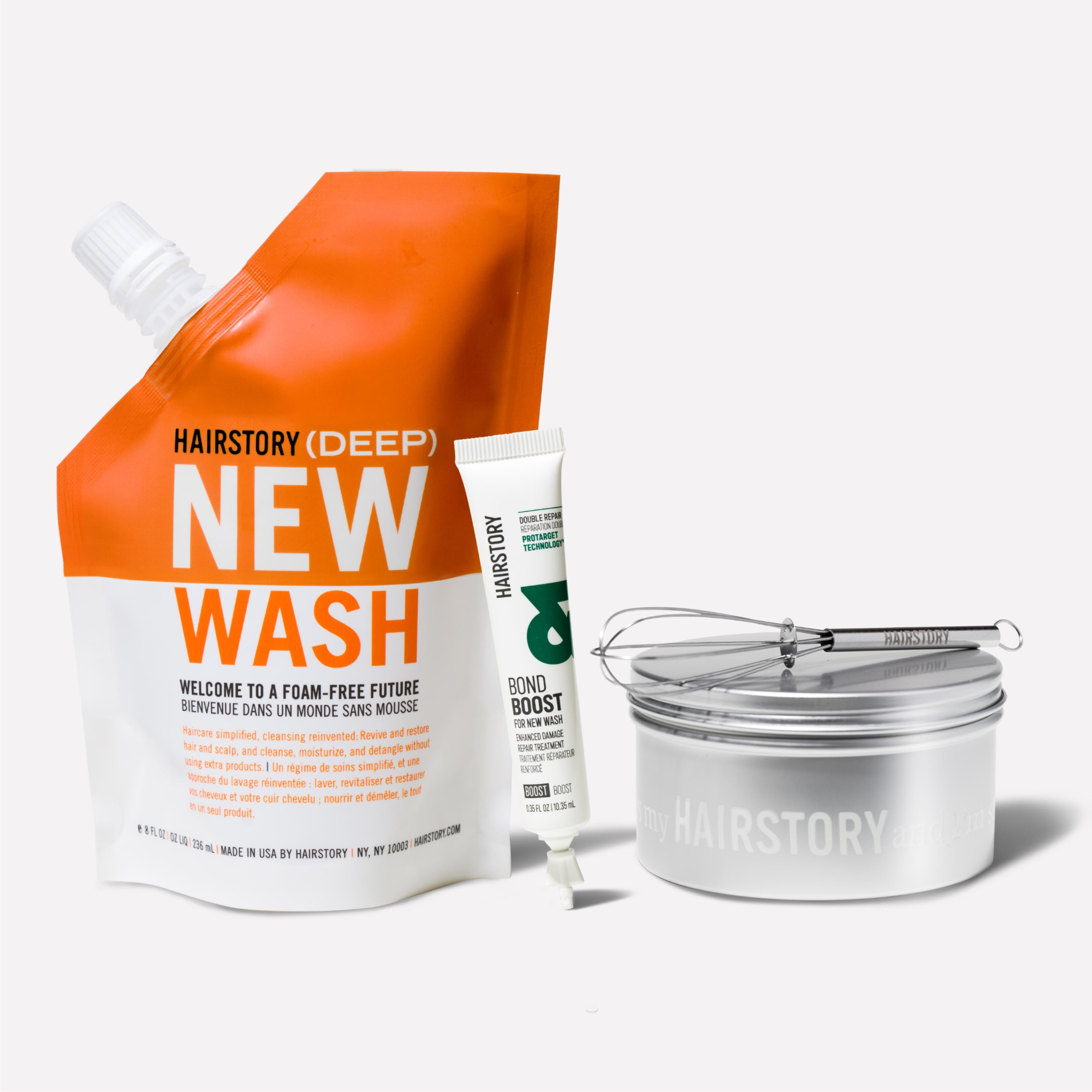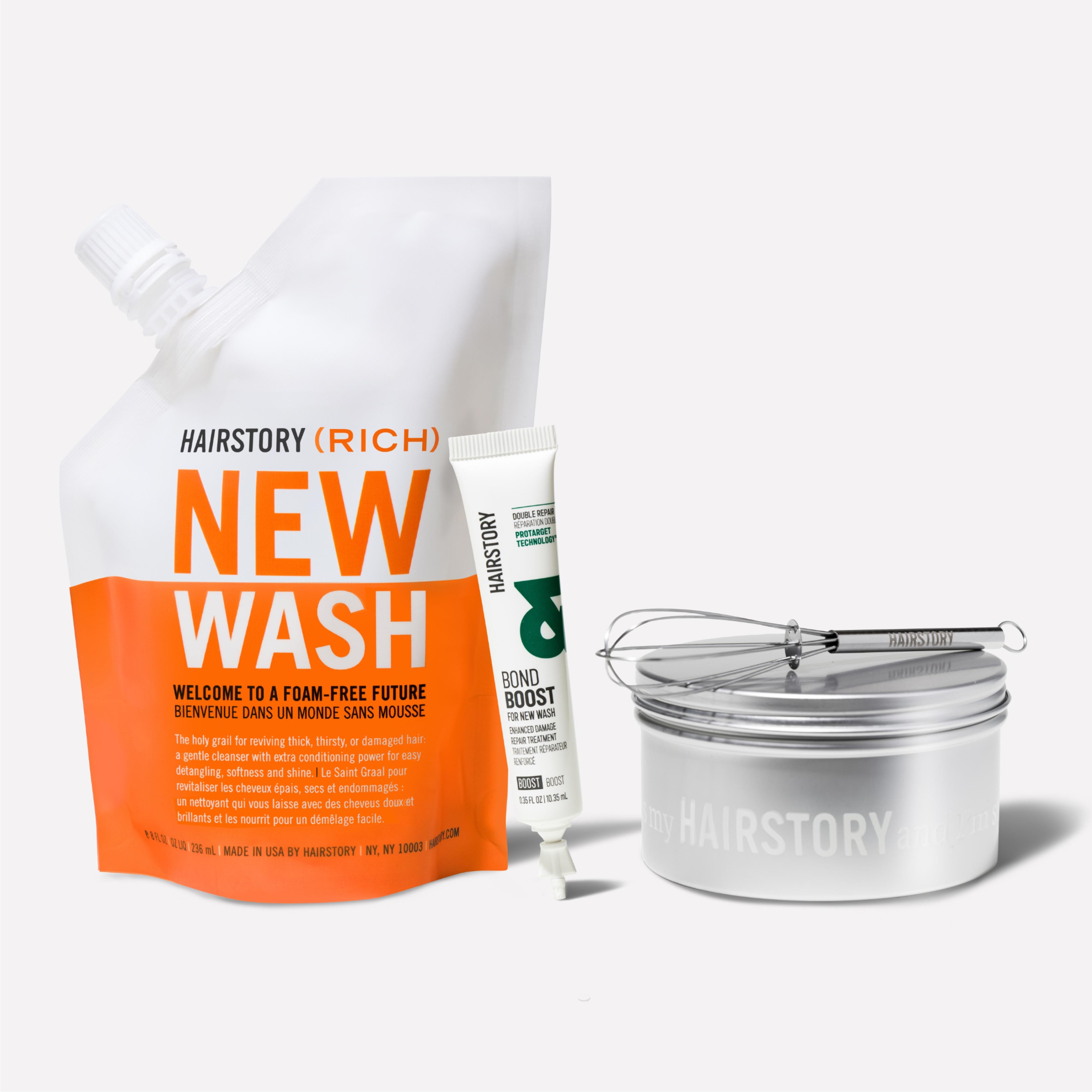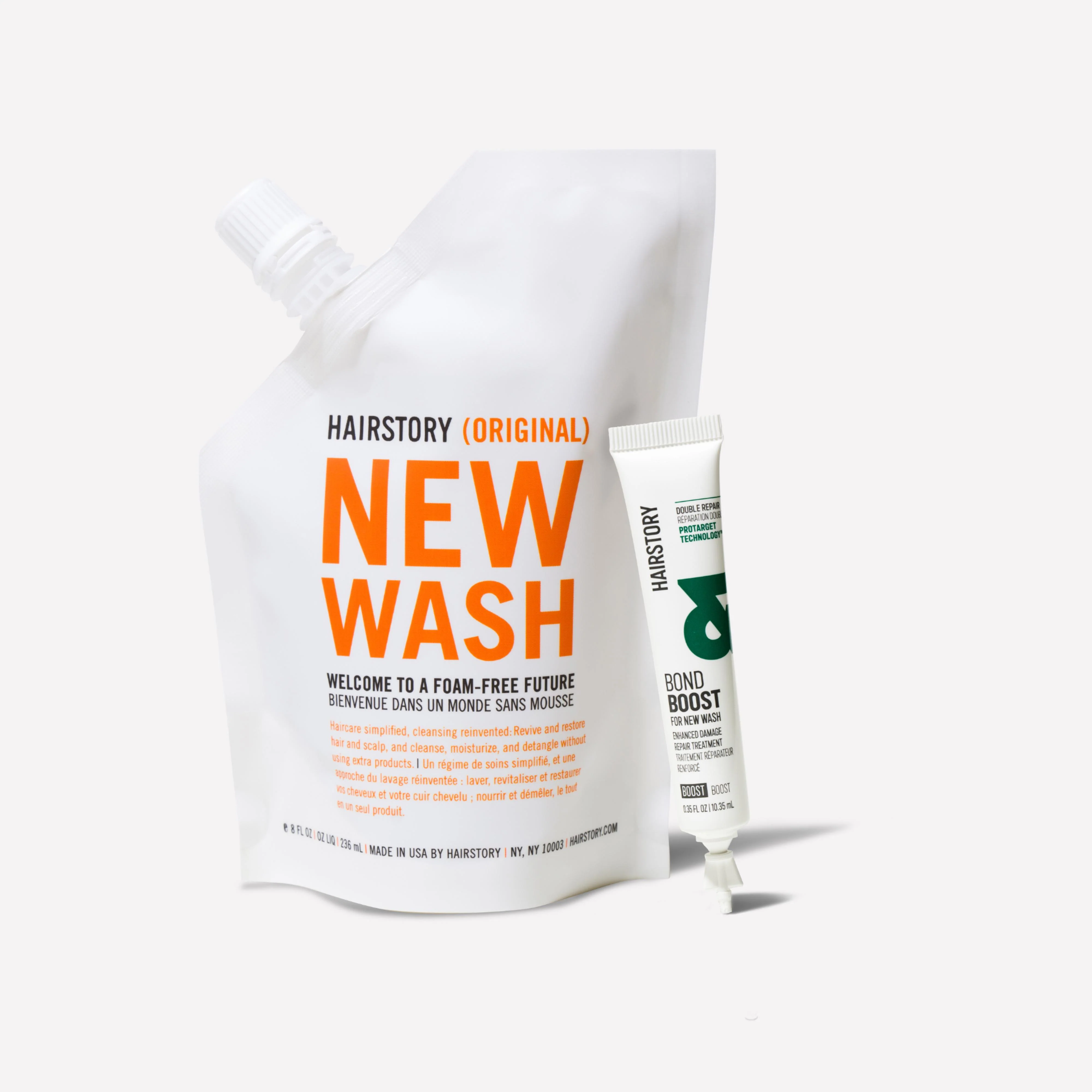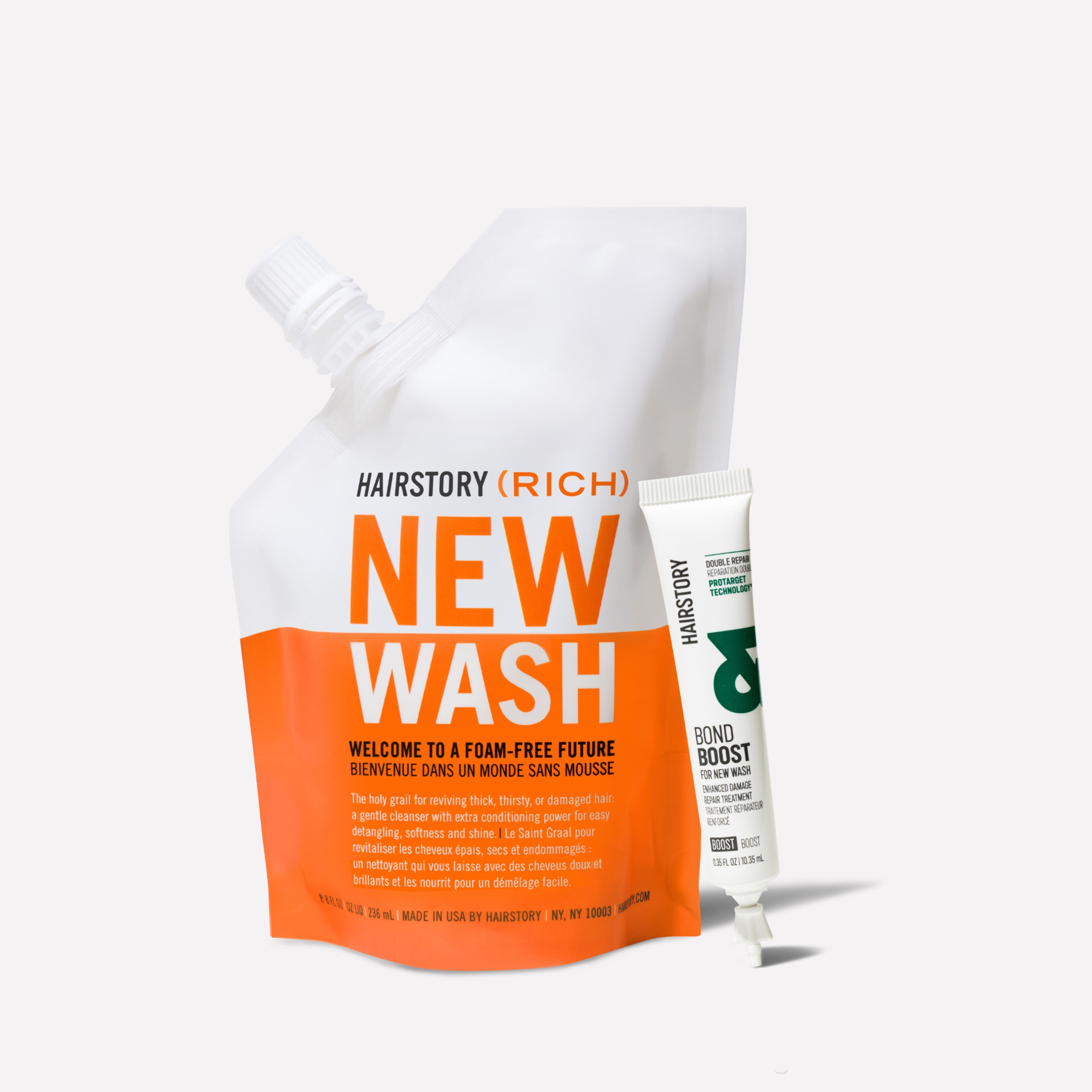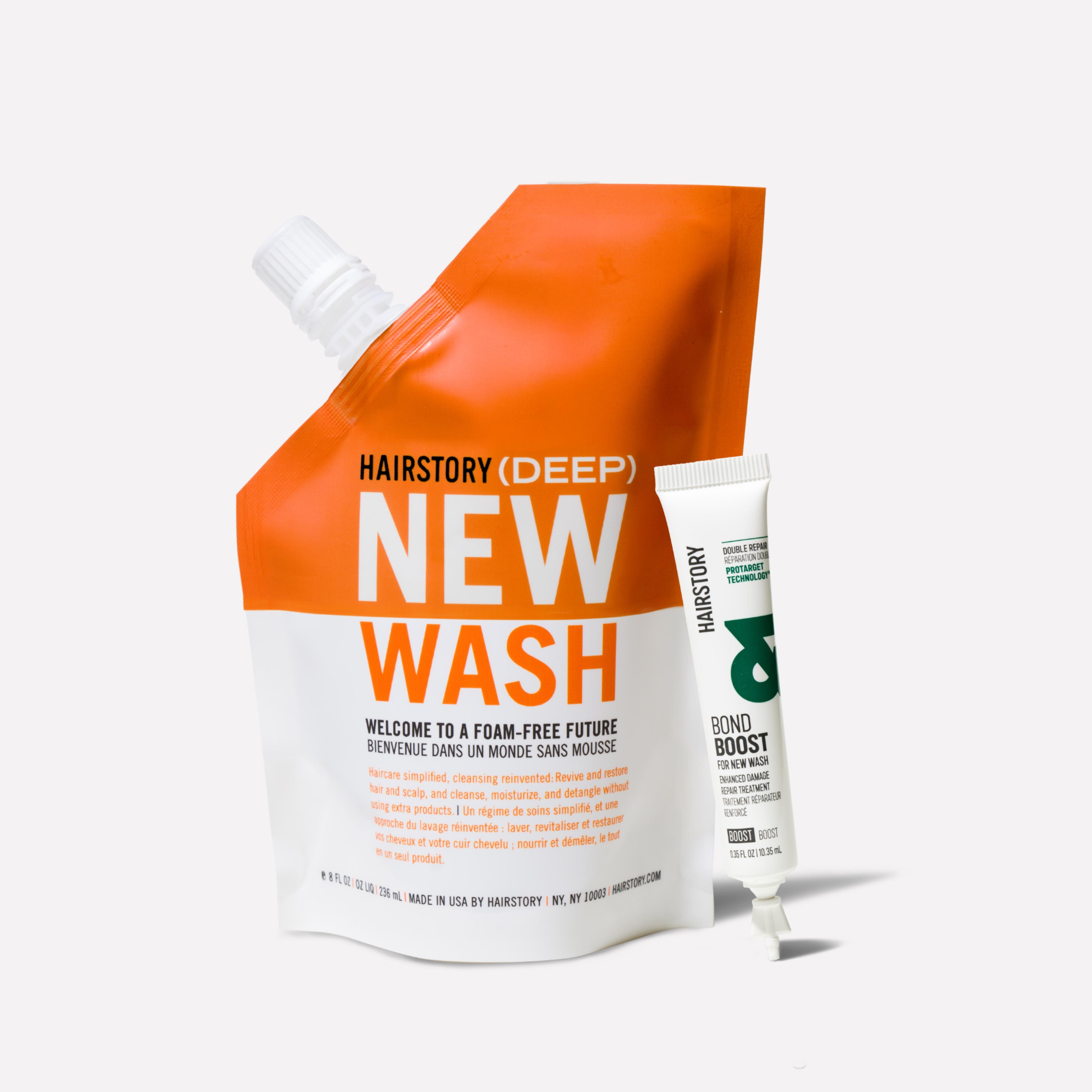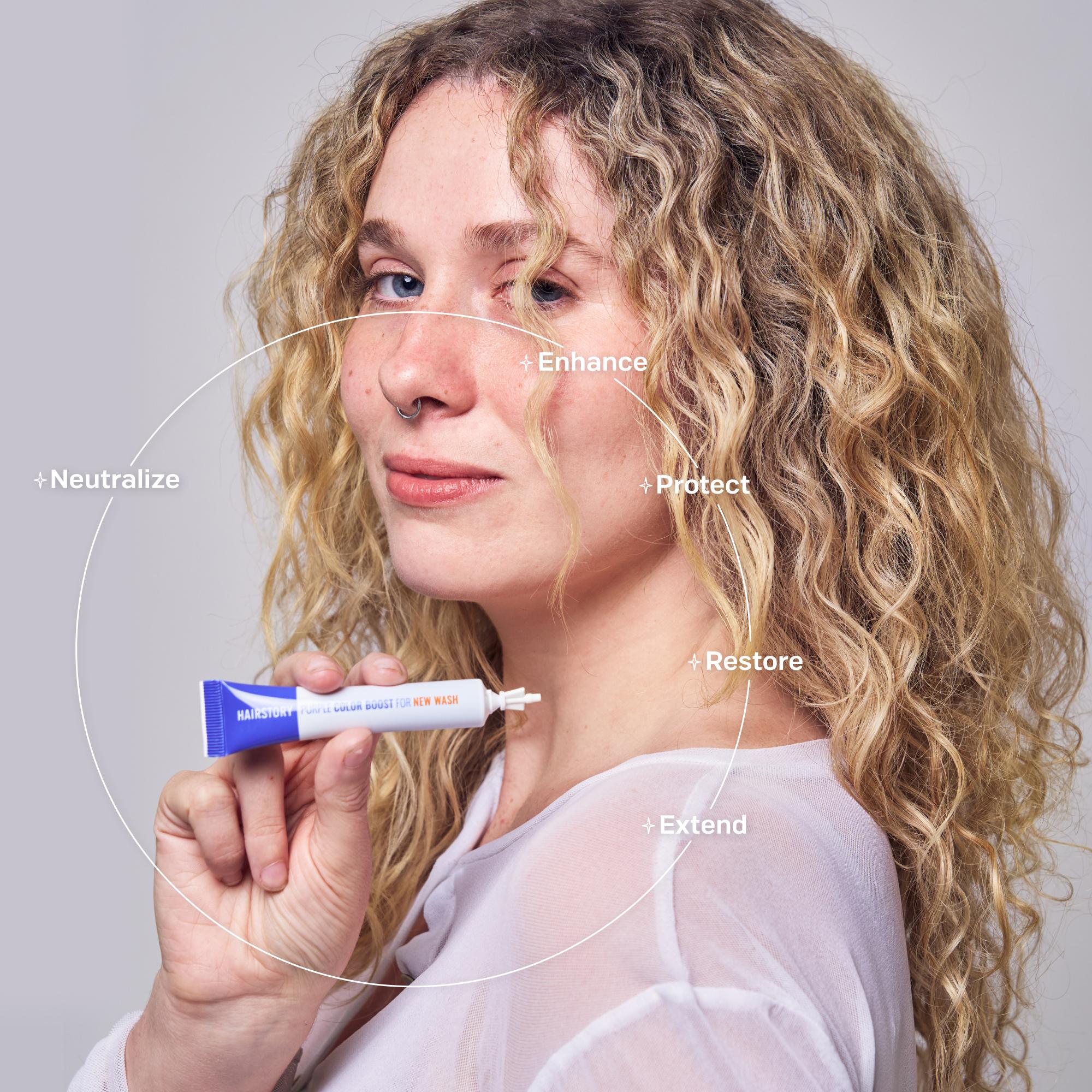There’s a theory that plants evolved along with humans in an ongoing, symbiotic relationship.
Oils that we have learned to extract from the planet’s flora are perfect examples; we’ve been using them to cure all that ails us for ages, and science is now proving their beneficial powers. When finding a hair cleanser, it can be helpful to know what essential oils to look for in the ingredients list. Aside from their aromatic properties, essential oils assist us from head to toe, even internally. Here, we focus on the best oils to help keep your hair and scalp in good health.
ESSENTIAL OILS AND THEIR BENEFITS FOR HAIR
Cedarwood Oil
Cedarwood oil balances the glands in the scalp that produce sebum, your body’s own conditioning elixir. This acts as a powerful promoter of hair growth and even as a way to minimize hair loss. It has antifungal and antibacterial properties to avoid scalp conditions that contribute to hair loss. Its power may be boosted when blended with lavender and rosemary oils.
Clary Sage Oil
With the same compounds that make lavender oil so effective, Clary sage oil can improve hair strength, making hair more resistant to breaking, and increase hair growth.
Evening Primrose Oil*
Rich in omega chain fatty acids, Evening primrose oil is said to fight oxidation, reduce inflammation, and promote healthy cell growth. It can help with hair loss as a result of nutritional deficiency, environmental exposure such as sun damage, and scalp inflammation. EPO also contains phytoestrogens, which suggests that it may address symptoms of hormone irregularities such as menopause when hair loss is commonly experienced.
Geranium Oil
Best-known as an antiseptic to help heal wounds, geranium oil reduces inflammation, balances hormones, and helps maintain skin health. It is useful for treating scalp irritation and to help build keratin for full hair follicle health, the protein that serves as the structural foundation for hair, fingernails, and the outer layer of skin. Learn about keratin benefits for hair to more fully understand the positive nature of geranium oil.
Horsetail Oil/Extract
Horsetail contains silica, vitamins B1, B2, B3, B5, C, E, and K, folate, potassium, magnesium, and calcium. It is thought to increase the rate of hair growth, improve its strength, and potentially reduce dandruff by reducing inflammation and increasing collagen production. Anecdotal evidence suggests that it may help enhance overall circulation directly to benefit the scalp and act similarly to peppermint oil.
Juniper Oil
High in antioxidants, Juniper oil is a leading fighter of free radicals that interfere with healthy cell growth. It also has antiseptic properties so it’s a great way to treat scalp irritation, and its ability to increase blood circulation can promote hair growth.
Lavender Essential Oil
Lavender oil is beneficial to both hair and scalp. It has antimicrobial and antibacterial properties, which can help with scalp issues such as dry scalp, dermatitis, and dandruff. An itchy scalp can also be remedied with lavender oil. Studies also suggest that it can also accelerate hair growth to some extent. This may be partly because of its ability to calm stress, which can factor inhibit normal cellular function in many areas of the body.
Lemongrass Oil
A flake-free scalp is optimal for obvious reasons, both cosmetic and functional. Having a dry scalp is very common, and Lemongrass oil is an effective treatment for dandruff following as little as a week of regular use, with one 2015 study finding that it significantly reduced dandruff after a week of daily use.
Rosemary Oil
If you want to stimulate the growth of stronger, thicker strands, rosemary oil may be your solution with a positive effect on the generation of new cells. This is a great way to enhance your natural hair. According to one study, the application of rosemary oil performed as well as the common hair growth drug minoxidil without the side effects.
Sunflower Oil*
Rich in vitamin E, oleic acid, linoleic acid, and sesamol, Sunflower oil contains antioxidants to help nourish the hair and scalp. It can also help you avoid breakage and damaged hair, smooth split ends, and hair softer and more manageable. It has anti-inflammatory properties to help calm and relieve an itchy or irritated scalp.
Tea Tree Oil
Tea tree oil can help clear hair follicles of build-up and thus promote healthier hair growth because of its unique antimicrobial and cleansing properties. A 2013 study found that adding tea tree essential oil to minoxidil boosted the drug’s growth-enhancing ability.
Palma Rosa Oil
A type of grass, Palma rosa is known to have antiviral, antibacterial, and antiseptic properties. Aside from helping to treat fever, bacterial infections, digestive issues, and wounds, it can be used to treat dehydration, which is what makes it ideal to help hair feel softer and more manageable. It also helps soothe an irritated scalp.
Peppermint Oil*
Peppermint oil is known as a scalp stimulant that promotes hair growth, which means that it has vasodilating abilities – expanding the capillaries that run just below the skin to help improve the flow of blood and the delivery of essential nutrients to the hair follicles for healthy hair growth. Take a deeper dive into how to use peppermint oil on hair.
Ylang-ylang Oil
Ideal for those with dry scalps and in turn dry hair, ylang-ylang oil can stimulate sebum production to help parched strands become less brittle, dull, and fragile. Many find it to be an excellent hair conditioner and detangler, perfect for curls. It's also a great way to combat frizzy hair. If you have more of an oily scalp to begin with, however, this may be one essential oil to avoid.
Vetiver Oil
A plant with a woodsy, earthy fragrance, Vetiver delivers powerful anti-inflammatory and antiseptic properties to fight scalp irritation, eczema, or psoriasis. Antioxidants keep free radicals at bay to prevent oxidation, and it has a cooling effect on the skin.
*These are the oils that have been included in Hairstory products, especially New Wash, our ground-breaking, detergent-free cleanser. In addition, our fragrance is 100% non-synthetic and is composed primarily of essential oils.
RISKS AND REACTIONS
Be aware that essential oils are not benign to everybody, and may cause an irritation to the skin or an allergic reaction. This is also why it’s important to know what ingredients do not belong in your hair. Sometimes it’s important to have an oil that acts as a carrier such as coconut, olive, jojoba, or avocado to dilute it. It’s a common misconception that some of the previously mentioned oils are essential oils. Explore the jojoba oil benefits for hair to more fully understand why different types of oils are important. If you have naturally oily hair, try a lighter oil, such as grapeseed, apricot kernel, or almond oil.
To avoid adverse reactions, it’s best to test just a tiny amount of the oil or mixture on a small area of your skin before full use. According to healthline.com, symptoms of skin irritation include burning, discomfort, painful tingling, or redness. Signs of an allergic reaction include severe dermatitis, blistering rashes, difficulty breathing, swelling of the tongue, or narrowing of the throat.
HOW TO USE ESSENTIAL OILS ON YOUR HAIR
• Make sure your hair is fully dried for maximum absorption.
• Once mixed with your carrier oil of choice, rub it between your palms to warm it up.
• Start the scalp massage and thoroughly work the oil from the scalp all the way through your hair.
• Let the oil do its magic for up to 30 minutes and work on your damaged hair.
• Wash with a very gentle cream cleanser such as New Wash.
• Style as usual.
Another way to use essential oils is to mix in a few drops of essential oil into your favorite (mild) shampoo or conditioner. Be sure to massage the mix into your roots and scalp before rinsing.
* * *

